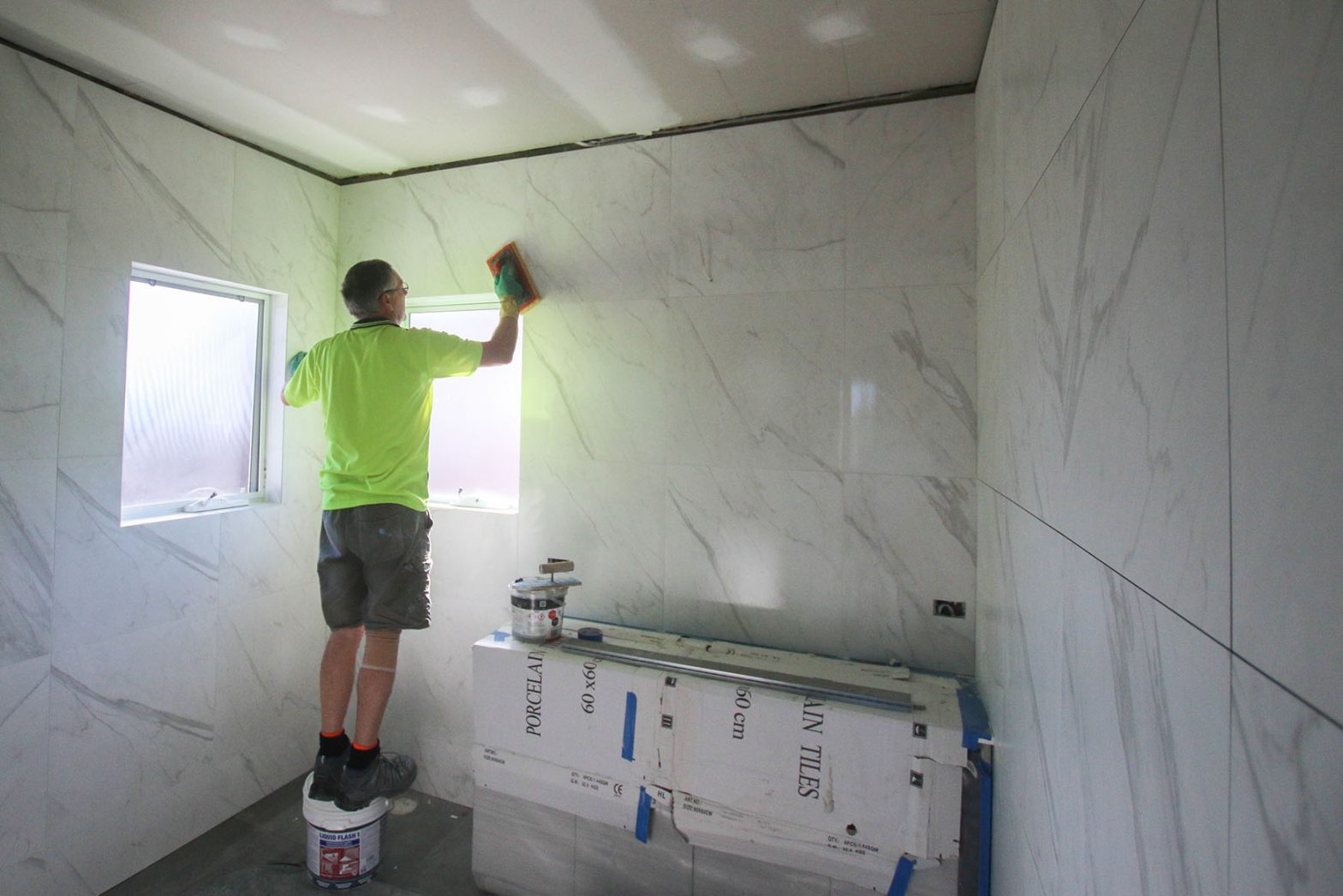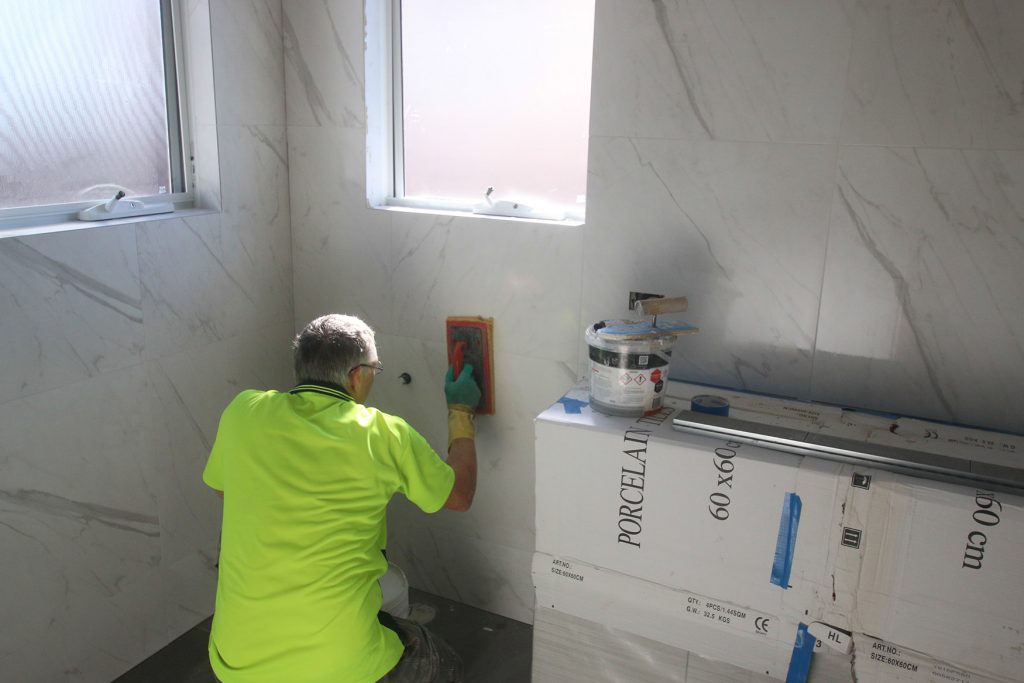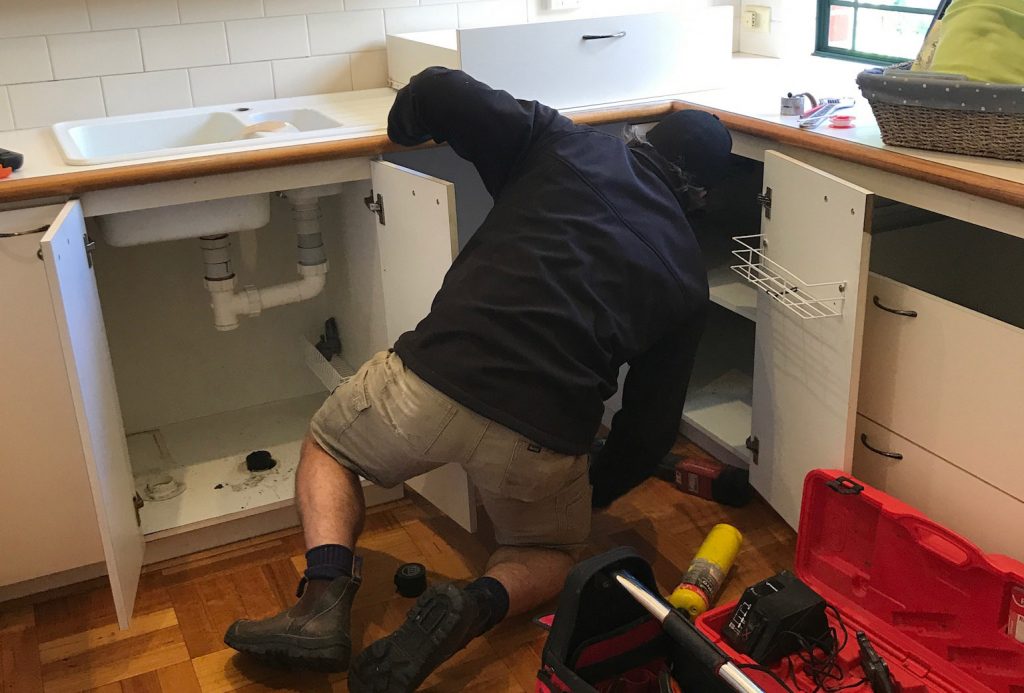
How to Spot a Dodgy Tradie
How can you tell the difference between a good tradie and a dodgy tradie? Some people are very good at talking the talk, but are not able to follow through by walking the walk. So how can you tell which is which?
Use Registered and Licenced trades
Certain trades need to be licensed or registered. This makes it a little easier as these type of trades are often ‘cleaner’ than other trades. That is, there are fewer cowboys. Always ensure you use a licensed professional for trades such as electrical, plumbing, asbestos removal and anything to do with gas or the structure of your home.

Trades must have insurance
The unregulated trades however, can be somewhat of a minefield. A good test is to ask if they have any insurance cover and to provide written evidence of this. A trade without insurance, places the homeowner potentially liable if an accident occurs. Even if the accident is the tradies fault, if it is in your home, they can sue you. It doesn’t seem fair does it? If they cannot provide a Certificate of Currency for their insurance, the alarm bells should be ringing strong and loud. It is a sure sign you have a cowboy on your hands.
Get references AND talk to previous customers
Ask tradies to supply references from completed jobs that are similar to yours. Then ring and ask them if they are happy customers. Don’t just assume that because the tradie has finished a job somewhere, that the customer is happy with their work!
ALWAYS get a written quote
It doesn’t matter if the job at hand is big or small, get your quote in writing. Verbal agreements can lead to a misunderstanding and then a dispute. Disputes will occur when there is a difference of opinion about the scope of work performed and how much you agreed to pay for the works.
If a tradie cannot provide a written quote, ask yourself why. If they cannot behave in a professional manner at the start of the job, it is better that you walk away.

Opt for a Fixed Price over an Hourly Rate
Your written quote should clearly outline what work is to be undertaken, list any materials that are included and clearly show how the tradie’s time will be charged. Labour is either charged at an hourly rate or as a fixed price for the job.
Always push for a fixed price to avoid an unexpected cost blow-out. If the job takes longer than anticipated and/or more than one person is working on the job, an hourly labour rate can add up very quickly and this is a common cause of a dispute at the end of a job. A fixed price to complete the job can avoid this scenario.
Do not pay in CASH
Do not enter into an arrangement to pay cash even if a discount is promised. If something goes wrong you will have no evidence of payment and the work will probably not come with a guarantee or warranty.
What happens when it all goes wrong? Getting Tradies back to fix stuff
Building plans can be misinterpreted or sometimes a simple mistake is made. We are all human and mistakes do happen.
Most tradies will come back and fix something when asked and if asked nicely. Always give a tradie the chance to do the right thing. Some people fly off the handle and create an ‘us versus them’ scenario before the tradie has even had the opportunity to remedy the situation. As the old saying goes ‘you catch more flies with honey than vinegar’.
Unfortunately in some cases, getting tradies to come back to fix sub-standard or defective work can be problematic and some tradies will let you down. Coming back to fix a mistake is likely to cost them time and money, so some will try to wriggle out of returning to site. When this happens your first step is always to try to reach a mutual agreement. Failing that, you can contact their registration board (if they have one) or building commission.

Your Essential Tradie Checklist
To avoid a bad experience with a tradie, use this checklist:
- Does the trade need to be licensed or registered?
- Can they provide evidence of their licence? Is it current?
- Do they have Insurance coverage? Can they provide proof?
- Can they supply references?
- Will they let you talk to previous customers?
- Do they provide a written quote?
- Don’t pay in cash.

